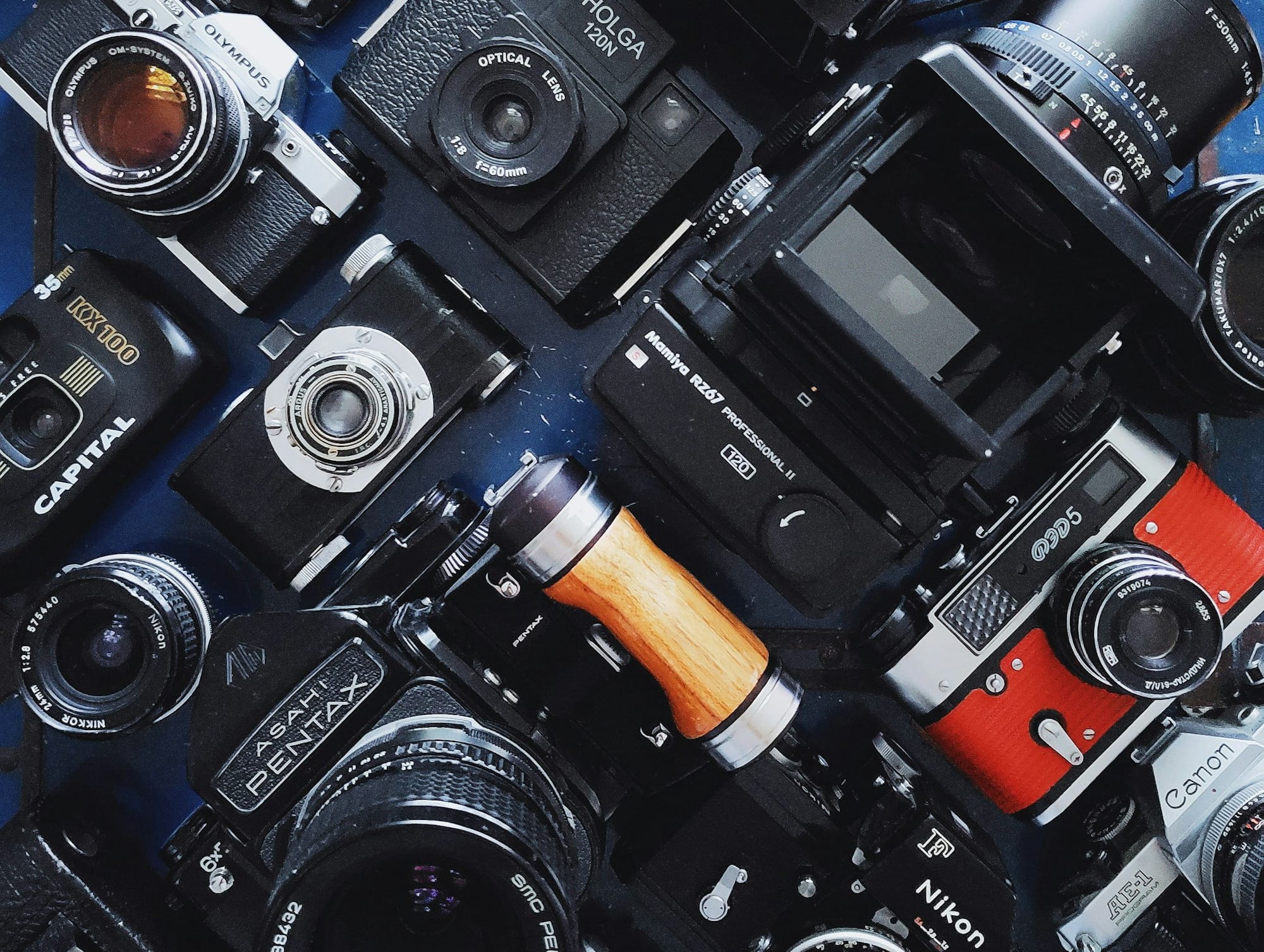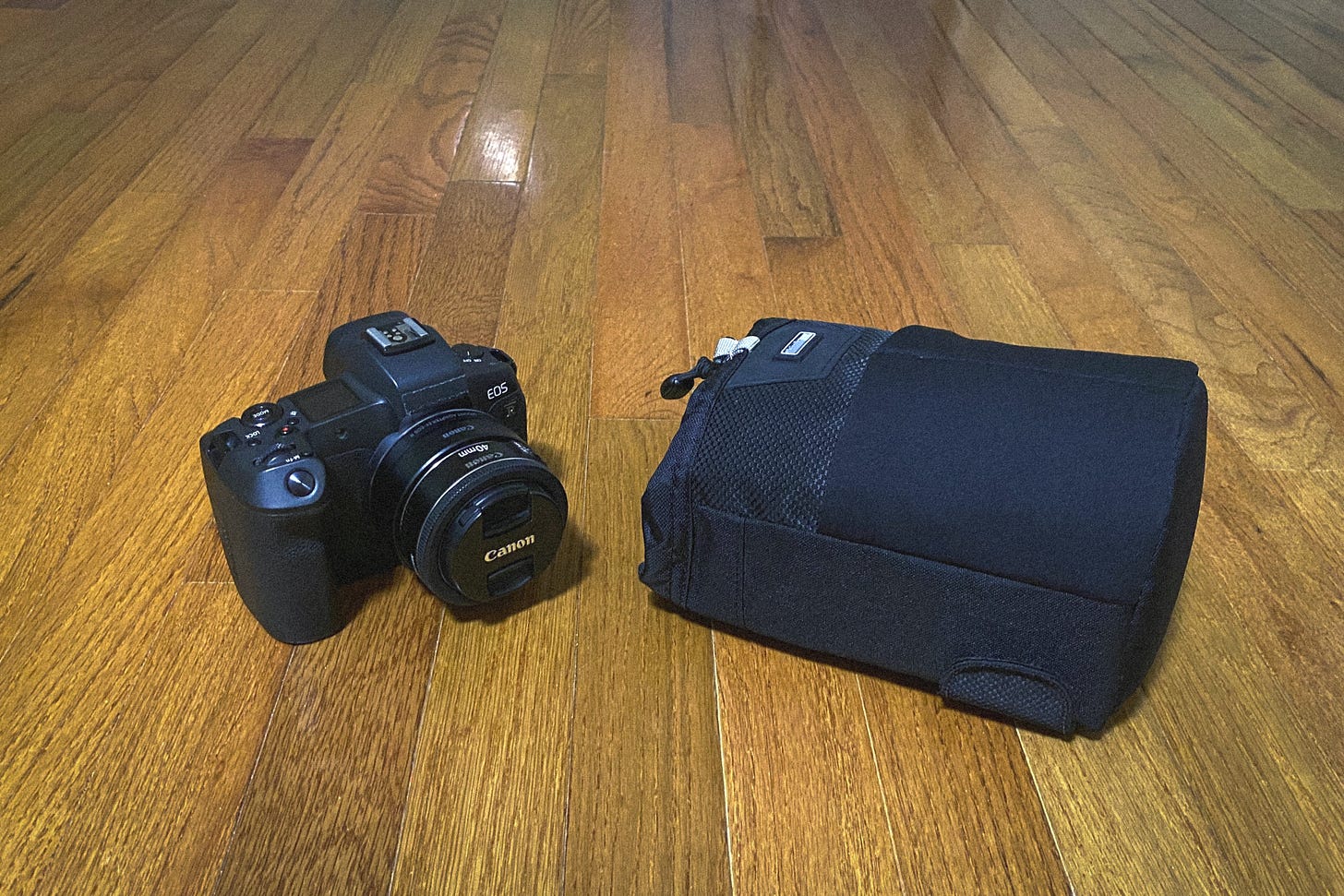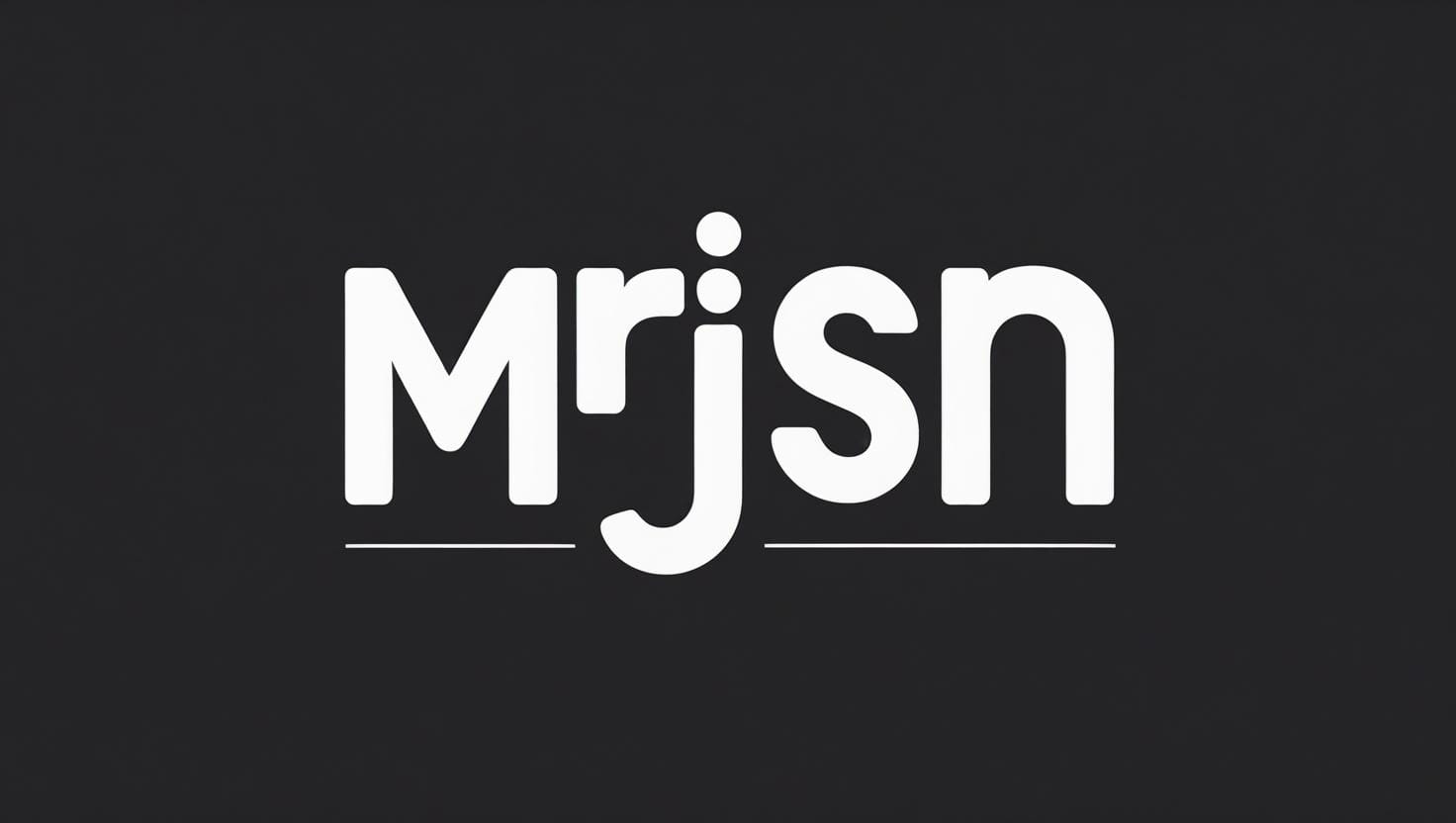I Have GAS And It Almost Cost Me A Day's Work
Fighting Off Gear Acquisition Syndrome (GAS) To Remind Myself What Is Really Important In The Creator's Journey

Fighting Off Gear Acquisition Syndrome (GAS) To Remind Myself What Is Really Important In The Creator's Journey
I’ve been obsessing again.
This time about camera gear . . . again.
Right now, the best camera that I have is the Canon EOS R. I hate to say it, but I don’t love shooting with this camera.
First off, let me start by saying, it’s a camera capable of making great images. It was also a gift, so it has a special place in my heart and it makes me want to like it even more. There’s just something about the shooting experience that has me looking elsewhere.
The R was the first full frame mirrorless camera released by Canon back in October of 2018. Since then, Canon has built out and released an entire line of R series cameras, in both full frame and APS-C sized sensors.
Perhaps it’s the button layout or how the eye tracking focus is essentially useless on the original R. It lacks the large aperture wheel that most new (and old) pro level Canon cameras have on their backs. The EVF is really hard to see on a bright sunny day. Whatever . . . I could nit pick any camera apart I guess, but if I’m thinking back over the course of this camera’s use, these are the things that stand out to me as frustrations. Almost deal breakers.
This camera sits at the prosumer level, so there’s only so much one can expect from it, but I think that’s why I don’t love it. It’s not pro-enough to function as or feel like a pro body and it’s too damn big and heavy to be an easy every day carry.
Perhaps the biggest frustration though, is this lack of pocketability.
I can’t fit it in a pocket easily and I think that is the main reason that I am looking at other cameras.
The R is actually quite good at making beautiful images. However, I think what I’m looking for in a camera has changed over the years, and that’s where my gripe lies.
I’m no longer looking for the most capable camera that I can afford. In the old days, when I was an assignment photographer, I had to be ready for anything. Now, I want to be ready for anything as well, but out in the world, living my life, documenting and sharing what I see. I want to have this capability without the bulk or the weight of a larger camera.
This is an important distinction. The ‘best’ camera for my situation has changed.
It used to be that carrying big cameras around was the only way that you could get a high quality image. Now, virtually everyone has a good camera in their pocket, on them at all times. When phones became good enough, the argument to drag around heavy camera gear began to get weaker and weaker.
As a result, I tend to leave my own ‘best camera’ home a lot. This is not a new thing amongst photographers in general though. Many would prefer to leave their heavy gear home, given a lighter alternative that would provide adequate results. Spend a day carrying around heavy cameras and you’ll know why.
As a sort of recoil to not wanting to carry heavy cameras around, there was a period of time where I was just shooting on my phone, but the phone isn’t a camera. It has a camera, but is not a camera itself. It’s a multi-tool and it can function as a huge distraction.
I think this is what has been leading me toward the Fujifilm offerings lately. It looks like they have a lot to offer in a “more affordable” (if you can actually find one to buy) and smaller package.
A lot of the cameras that I’m interested in are their APS-C sized powerhouses that tend to be smaller and lighter than a traditional DSLR or full framed mirrorless camera. It’s an actual camera, not a phone, and the focus can be on making pictures, not on getting interrupted by text messages or other notifications.
I want to make pictures. I want to be able to control focus, aperture, and shutter speed with knobs and dials, not screens. I don’t want to pick up the phone, open the photo app, notice a social media notification, a missed text, and see that my mom called (even though I love my mom and want to talk to her). I want to focus on being there and documenting what I see.
Oh yeah, did I forget to mention how expensive camera gear can be?
This is another point of contention that I hold in regard to modern camera gear. It’s ridiculously expensive. I don’t want to spend $1,500 or more on lenses anymore. I don’t want a $4,000 camera body. I don’t want to carry around heavy, bulky, delicate, and expensive cameras.
The expense of photography is one of the major reasons that I decided to walk away from my evolving career in photography in the first place. It felt so hard to make money and so very easy to spend it.
So then is it time to part ways with all of my Canon stuff?
Maybe.
This is why I mentioned Fujifilm earlier. I was amazed at the quality that you could get for the price. The size. The portability. The fact that quality lenses are “affordable”. It just seems like it suits the kind of photography that I do now.
So here I sit, overthinking and over analyzing, again.
In the meantime, I’ve stripped the R down to just an EF to RF adapter ring and a 40mm 2.8 EF pancake lens. I’m trying to get the camera to be as small as I can make it and this is as close as I’ve come. So I guess for now, that’s what I’ll be using.

My needs have changed. I don’t consider myself a “pro” photographer anymore. I may have retained the skill set, but now I want to put these skills to use in a slightly different context. I want to tell stories, to document life. Because I don’t have to nail certain shots anymore in garbage lighting and tough conditions, I’d rather carry something that’s easy to, well, carry.
I want to have a pleasant camera shooting experience. I don’t want to be on the phone living in Distractionville. So I’ve been looking at cameras like the Fujifilm X-100VI and the X-T30II (fitted with a 23-27mm range prime lens, for a cheaper and smaller option to the X-100VI). They both look lighter and easier to deal with in the everyday.
I want to have a camera where simplicity meets quality and, right now, it looks to me like the company delivering this is Fujifilm. I haven’t owned a Fujifilm digital camera yet myself, but the more I learn about them, the more I want to.
I guess that’s the thing. I want photography to feel fun again. I don’t need to chase image perfection. I want to document the feeling of a moment. I want to still be able to control the camera in full manual mode to set the aperture, shutter, and ISO, so that I can craft the image I’m seeing in my mind.
So is it time to sell all of my Canon stuff and jump on the Fujifilm bandwagon? I’ve been thinking about it. For now though, I need to remind myself of what is most important.
There is something that will make a much bigger difference for not only my photography, but for your creative endeavors as well. A mindset that will surpass any gear upgrades that you could make. An ideal to remember in order to keep moving forward, working on the work you love. It can be summarized in one line and it’s easy to remember:
Do the best you can with what you have.
No matter where we are in our creative journeys, we could make the argument that better gear will lead to better results. But in the meantime, we still need to make the most of what we do have. For me right now, that is my Canon EOS R. So I’ve stripped it down to just the body, the EF/RF adapter, and an old 40mm 2.8 pancake lens. It’s still not pocketable, but it’s close and it’s the best I have at the moment.
If you’re too focused on the gear, you could lose sight of the work.
I needed this reminder too. I’m not trying to preach or be the know-it-all in the room. I really came to this conclusion after some serious GAS. I wrote this article because I fell down the wishing well, obsessing about cameras all morning. I had to remind myself that obsessing about cameras wasn’t helping me. So I finally sat down and did the work anyway. I sat down and I started typing about what was bothering me. I did the work without letting what I didn’t have get in the way.
Whatever it is that you are working on, get after it. Keep moving. Don’t get bogged down in obsessing over gear decisions. Don’t talk yourself out of opportunity because of self-imposed limitations.
Instead, keep doing. Keep making. Keep going. Keep working.
Employ what is in your grasp to maximum effect.
Go.

